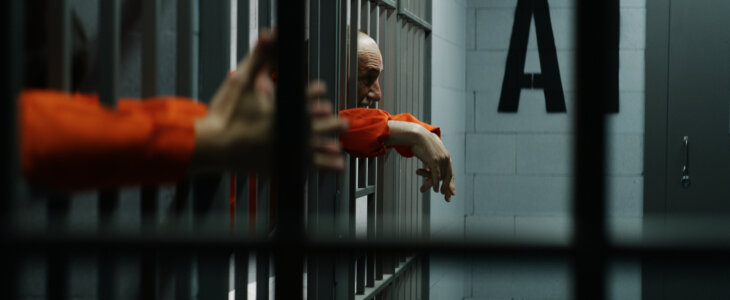A jail sentence has the potential to result in abuse and neglect. However, few in the mainstream media and political scene are willing to acknowledge that prisoners often suffer brutal experiences after conviction. Prisoners have rights against jail neglect as detailed below by our Chicago civil rights attorneys.
Prisoners Have Legally Protected Rights
There is a common misconception that prisoners lose all rights after conviction. Though some prisoners are subjected to solitary confinement and abuse, these individuals are still empowered with rights. If a local or state government deprives a prisoner of his rights, he or she can take legal action. However, it is often the family members or members of the local community who bring such instances of rights violations to the attention of attorneys.
The CRIPA, short for Civil Rights of Institutionalized Persons Act, details prisoner rights. CRIPA empowers the Attorney General to look into jail and prison practices and conditions. A CRIPA investigation sets the stage for action if a systemic pattern of illegal behavior is identified.
In short, prisoners are not to be subjected to harm when in prison. Investigators will attempt to rectify the violation of the right with local or state government. However, if such an agreement cannot be reached, the Attorney General may take legal action in a court of law.
Aside from the prisoner rights protected by CRIPA, 42 U.S.C. § 14141 is also worth mentioning. This section of the law is often referenced in unison with the Violent Crime Control and Law Enforcement Act of 1994. The overarching purpose of the legislation is to safeguard prisoner rights.
A Closer Look at Specific Prisoners’ Rights
Every prisoner has the right to communicate. Moreover, prisoners are legally empowered to read while imprisoned. Though some are unaware of it, prisoners have the right to medical care. Every prisoner has the right to drink water and eat food, albeit with intake controlled by overseers.
Prisoners also have the right to shelter and clothing. Furthermore, prisoners have the right to practice their preferred religion. Prisoners and their loved ones should also be aware that all prisoners have the legal right to sue for maltreatment. Defendants in prisoner maltreatment cases often include the local or state government and/or prison officials.
The Issue of Prisoner Neglect
Perhaps most importantly, prisoners have the right to not be neglected. Neglect in prison is a form of abuse. Examples of neglect include discrimination, avoidance, and abuse.
Prison abuse has the potential to take the form of physical contact and undesired sex acts. Even the prison workers’ failure to understand a prisoner’s mental state that leads to self-harm or suicide can be considered a form of neglect.
The refusal of prisoner rights, be it in the form of permitted time for exercise or visitation constitutes a form of neglect. The refusal of food, water, and medical aid is also a form of neglect that creates solid legal footing for a lawsuit.
Learn More During a Consultation With Our Chicago Personal Injury Attorneys
Neglect after conviction should not be excused or tolerated. If you have a loved one or friend who has been neglected in jail or prison, ask for help. Reach out to our Chicago personal injury attorneys today to schedule a consultation.

